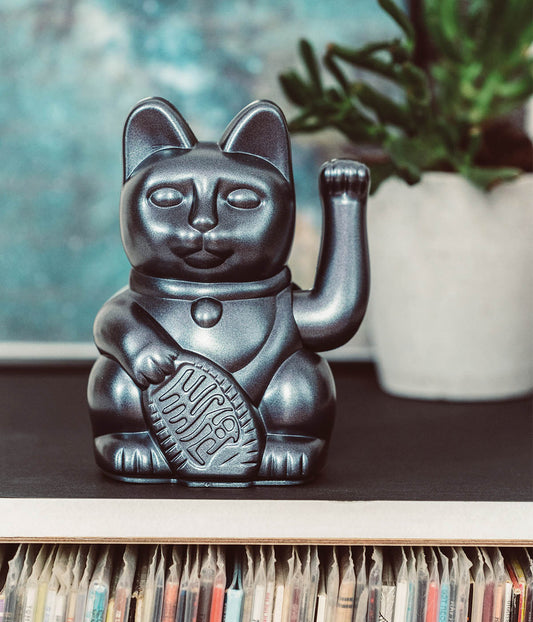
The Average Lifespan of Cats
Marie DuchessAs a cat lover, you may find yourself wondering about the average lifespan of these furry companions. Cats have been domesticated for thousands of years, and their lifespan can vary depending on various factors. In this blog post, we will explore the average lifespan of cats and what you can do to ensure your feline friend lives a long and healthy life.
What is the average lifespan of a cat?
The average lifespan of a cat is around 15 years. However, this can vary depending on several factors such as breed, genetics, diet, environment, and overall health. Some cats may live well into their late teens or even early twenties, while others may have a shorter lifespan.
Factors that influence a cat's lifespan
1. Breed: Different cat breeds have different average lifespans. For example, Siamese and Manx cats tend to live longer than breeds such as Persians or Maine Coons.
2. Genetics: Just like humans, genetics play a significant role in a cat's lifespan. Some cats may inherit certain health conditions or predispositions that can affect their longevity.
3. Diet: Providing your cat with a balanced and nutritious diet is crucial for their overall health and lifespan. Feeding them high-quality cat food and avoiding excessive treats can help prevent obesity and related health issues.
4. Environment: Cats that are kept indoors tend to live longer than outdoor cats. Indoor cats are protected from dangers such as traffic accidents, predators, and exposure to diseases.
5. Veterinary care: Regular veterinary check-ups and preventive care are essential for maintaining your cat's health. Vaccinations, parasite control, and early detection of any health issues can significantly impact their lifespan.
How to ensure your cat lives a long and healthy life
1. Provide a balanced diet: Consult with your veterinarian to determine the best diet for your cat's specific needs. Ensure they have access to fresh water at all times.
2. Keep them active: Encourage regular exercise and playtime to keep your cat physically and mentally stimulated. Provide toys and scratching posts to prevent boredom.
3. Maintain a safe environment: Create a cat-friendly home by removing any potential hazards. Keep toxic plants, chemicals, and small objects out of their reach.
4. Regular veterinary check-ups: Schedule annual check-ups with your veterinarian to monitor your cat's health and catch any potential issues early on.
5. Spay or neuter your cat: This not only helps control the cat population but also reduces the risk of certain health problems and unwanted behaviors.
By following these guidelines and providing your cat with love, care, and attention, you can help ensure they live a long and happy life. Remember, every cat is unique, and their lifespan may vary. If you have any concerns about your cat's health or longevity, consult with your veterinarian for personalized advice.













